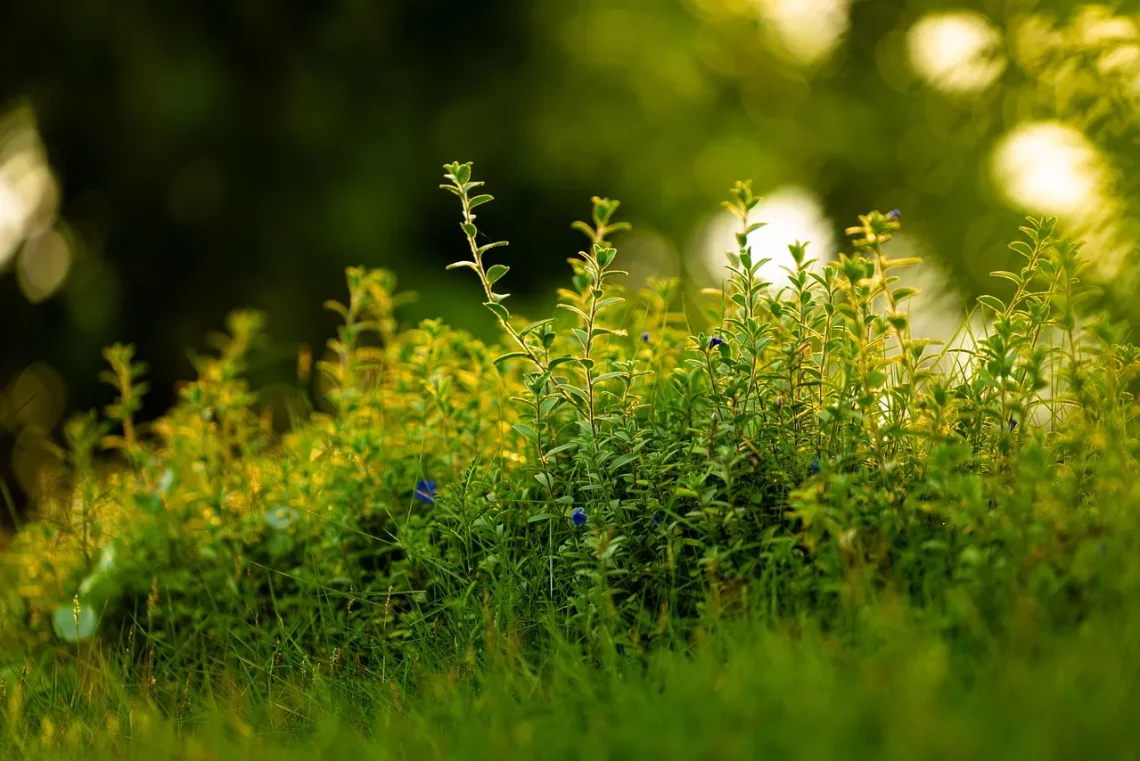
The Good Seed: Cultivating a Prosperous Future in Your Garden
Gardening is an age-old practice that transcends generations, cultures, and continents. It is not merely the act of planting seeds into the soil; it is a profound connection between humans and nature. As we cultivate our gardens, we engage in a dance of patience and nurturing, reaping the rewards of our efforts in the form of vibrant flowers, nutritious vegetables, and fragrant herbs.
The act of gardening offers more than just physical benefits. It serves as a therapeutic escape from the hustle and bustle of modern life, providing a sanctuary where one can unwind and reflect. The soil beneath our fingers, the sun warming our backs, and the gentle rustle of leaves in the breeze create an environment conducive to mindfulness and peace.
Moreover, gardening fosters a sense of responsibility and stewardship towards the environment. As we learn about the delicate balance of ecosystems, we begin to understand the importance of biodiversity and sustainability. By cultivating a garden, we are not just growing plants; we are nurturing a healthier planet for future generations. In this article, we will explore various aspects of gardening that can help you cultivate a prosperous future, not just in your garden, but in your life as well.
The Importance of Soil Health
Soil health is the foundation of any successful garden. Healthy soil is alive, teeming with microorganisms that assist in breaking down organic matter, making nutrients accessible to plants. The quality of your soil can dramatically affect plant growth, yield, and resistance to pests and diseases.
To cultivate rich, fertile soil, one must first understand its composition. Soil is made up of minerals, organic matter, water, and air. Each of these components plays a vital role in creating an environment where plants can thrive. Regular testing of your soil can help you understand its pH levels, nutrient content, and overall fertility. Based on these results, you can amend your soil accordingly.
Organic matter, such as compost, is essential for improving soil structure. It enhances aeration, water retention, and nutrient availability. Adding compost not only enriches the soil but also encourages beneficial microorganisms that contribute to a thriving ecosystem.
Additionally, practicing crop rotation and cover cropping can further enhance soil health. Rotating crops prevents nutrient depletion and helps control pests and diseases. Cover crops like clover or vetch can be planted during the off-season to protect the soil from erosion and enhance its nutrient profile when turned back into the ground.
Investing time and effort into maintaining healthy soil is crucial for a prosperous garden. Not only does it support plant growth, but it also contributes to a sustainable environment, making it a critical focus for any gardener aiming for long-term success.
Choosing the Right Plants for Your Garden
Selecting the right plants is a crucial step towards creating a flourishing garden. The choice of plants should align with your local climate, soil type, and the amount of sunlight your garden receives. Understanding these factors will help you choose plants that are well-suited to thrive in your specific environment.
Native plants are an excellent option for gardeners looking to create a sustainable ecosystem. These plants have evolved to adapt to local conditions and often require less maintenance. They are also beneficial for local wildlife, providing food and habitat for pollinators and other beneficial creatures.
When planning your garden, consider a mix of annuals and perennials. Annuals, which complete their life cycle in one growing season, can offer vibrant colors and quick results. Perennials, on the other hand, return year after year, providing stability and reducing the need for replanting. This combination can create a dynamic and visually appealing garden throughout the seasons.
It is also wise to consider companion planting, where certain plants are grown together for mutual benefit. For example, planting marigolds alongside vegetables can deter pests, while beans can enrich the soil with nitrogen, benefiting their neighboring plants.
Finally, take into account the aesthetic aspects of your garden. Consider the colors, textures, and heights of the plants you choose. A well-planned garden not only serves functional purposes but can also be a source of beauty and inspiration.
Watering Wisely for Sustainable Gardening
Water is essential for plant growth, but it is also a precious resource that must be managed wisely. Overwatering can lead to root rot and other issues, while underwatering can stunt growth and diminish yields. Finding the right balance is key to a successful garden.
One of the most efficient ways to water your garden is through drip irrigation. This method delivers water directly to the roots of plants, minimizing evaporation and runoff. By using a drip irrigation system, you can ensure that each plant receives the right amount of water while conserving this vital resource.
Rainwater harvesting is another sustainable practice that can benefit your garden. Collecting rainwater in barrels not only provides a free water source but also reduces the demand on municipal water systems. This practice is especially beneficial during dry spells when water may be scarce.
Mulching is a simple yet effective technique to retain moisture in the soil. Organic mulches, such as straw or wood chips, help reduce evaporation and keep the soil temperature stable. Additionally, mulched gardens can suppress weeds, reducing competition for water and nutrients.
Lastly, it’s important to be aware of the best times to water your garden. Early morning or late afternoon is ideal, as it minimizes evaporation and allows plants to absorb water before the heat of the day. By adopting these sustainable watering practices, you can nurture a vibrant garden while conserving water for future generations.
Embracing Organic Gardening Practices
Organic gardening is a holistic approach that emphasizes the use of natural processes and materials. By avoiding synthetic chemicals and fertilizers, organic gardeners focus on building healthy ecosystems that support plant growth and biodiversity.
One of the cornerstones of organic gardening is soil health. As previously mentioned, enriching your soil with organic matter like compost not only provides nutrients but also enhances the soil’s structure and microbial activity. This creates a thriving environment for plants and reduces the need for chemical interventions.
Pest management in organic gardening relies on natural solutions rather than harmful pesticides. Introducing beneficial insects, such as ladybugs and lacewings, can help control pest populations. Additionally, planting flowers that attract pollinators can create a balanced ecosystem that promotes plant health.
Weed control is another critical aspect of organic gardening. Mulching, hand weeding, and using organic ground covers can prevent weed growth without resorting to chemical herbicides. These methods promote a healthier garden environment while minimizing harm to beneficial organisms.
Embracing organic practices not only contributes to a healthier garden but also aligns with sustainable living principles. By choosing organic gardening, you are actively participating in the preservation of the environment and supporting the well-being of future generations.
In conclusion, cultivating a prosperous garden involves a multifaceted approach that encompasses soil health, plant selection, sustainable watering practices, and organic gardening methods. By implementing these principles, you can create a thriving garden that not only benefits you but also contributes positively to the environment. Remember, gardening is a journey of learning and growth, and each season offers new opportunities for discovery and connection with the natural world.
**Disclaimer:** This article is for informational purposes only and does not constitute medical advice. Always consult a healthcare professional for any health-related concerns.




